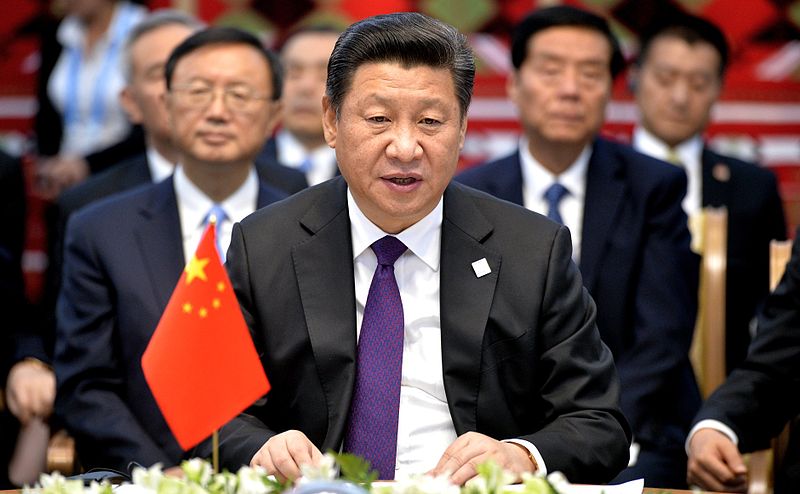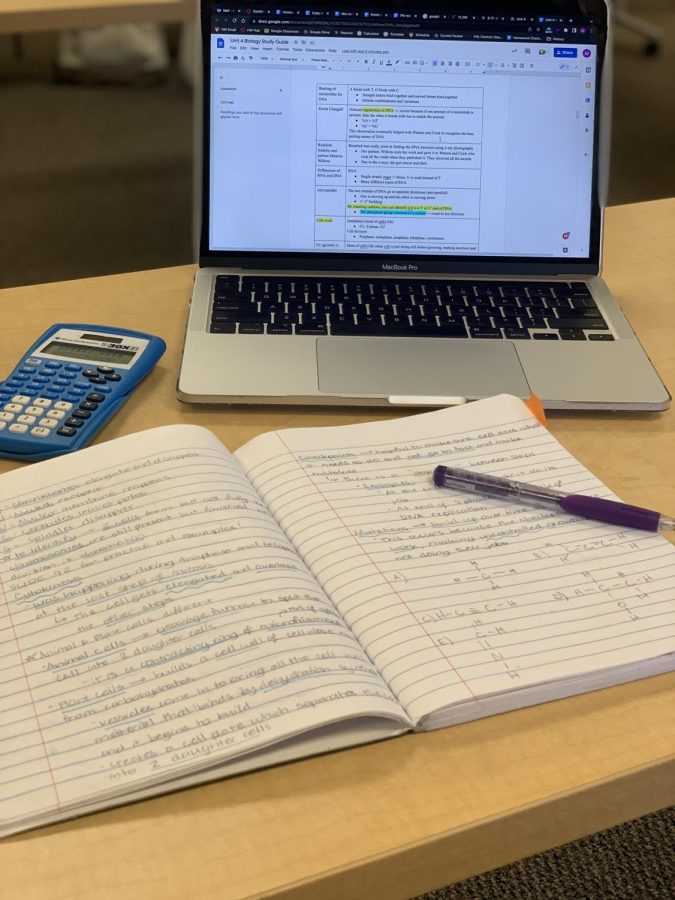Martin Jacques, a columnist for the Guardian, said in a TED Talk, “For the first time in the modern era, the dominant country in the world will be that of a developing country, and not a developed country.” That was in 2010. Eleven years later, it isn’t reasonable to drop the topic or concern of the phenomenal rise of the Chinese economy.
Rooted in the Eastern methods and ideologies governed by the Politburo rule, U.S. citizens often try to make sense of China using Western terms- though they can’t. China’s culture and beliefs are not crafted from the last hundred years, the Great Leap Forward, or Mao Zedong’s communist revolution, but rather from the thousands of years that China has been a civilization-state. Though this may seem insignificant, what this shows is that China’s political rule is driven by unity- thus propaganda. Without the constant pressure from the government to maintain unity among the people, China would remain more divided than America is today.
For example, when considering the magnitude and danger of the CCP, a pressing issue might be the cause of the coronavirus. Over the course of the pandemic – then an epidemic – the Chinese government hampered the investigations from the World Health Organization (WHO), thus making it infer that perhaps the Chinese are concerned more with a myth of invincibility than the safety of the rest of the world. Though people don’t have to assume that China purposely had released this plague upon the world, they still must hold Chinese authorities accountable for their actions. As anyone would say, perhaps a disease that has reached over 25 million cases worldwide should be taken more seriously than a propaganda issue.
On the topic of Xi Jinping, besides being a confident, risk-taking international bully, sparking fights with Taiwan and picking confrontations about India’s border, might be rushing towards a war neither China nor the U.S. will want. Rooted in different beliefs and ideologies, it is possible that the U.S. may be tangled in “great power” troubles. While analysts have reported that a full military confrontation is unlikely, our contest may take place in the next frontier: space. The Biden Administration faces not only loads of Chinese anti-satellite weapons, but the inherent risk of whether that will raise miscalculation, and what may follow.
So as a citizen of the United States, we must begin to ask ourselves what a world will be like when the almighty Xi Jinping inherits power over us. The downfall of the CCP does not seem near, nor does it seem likely. In fact, China’s Gross Domestic Product (GDP) is growing at an accelerating pace along with its military. Could China become a full, world-dominating superpower within the next couple of decades? And if so, what dangers are yet to behold? If a government has the power and leverage to transform a virus that they poorly handle, to having not nearly as many cases as other countries and maintaining national unity, we can reason that Xi Jinping and the CCP could do almost anything they wish, even to foreign powers. A George-Washington university scholar, Shambaugh noted in a New York Times interview: “We’re in really dangerous waters now.”




